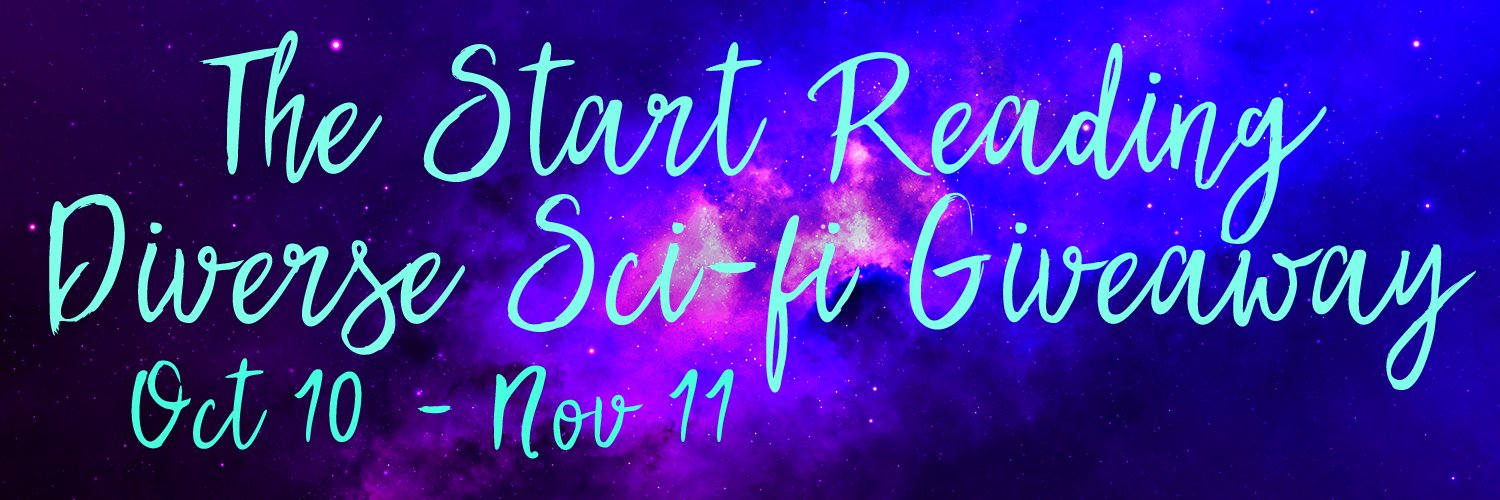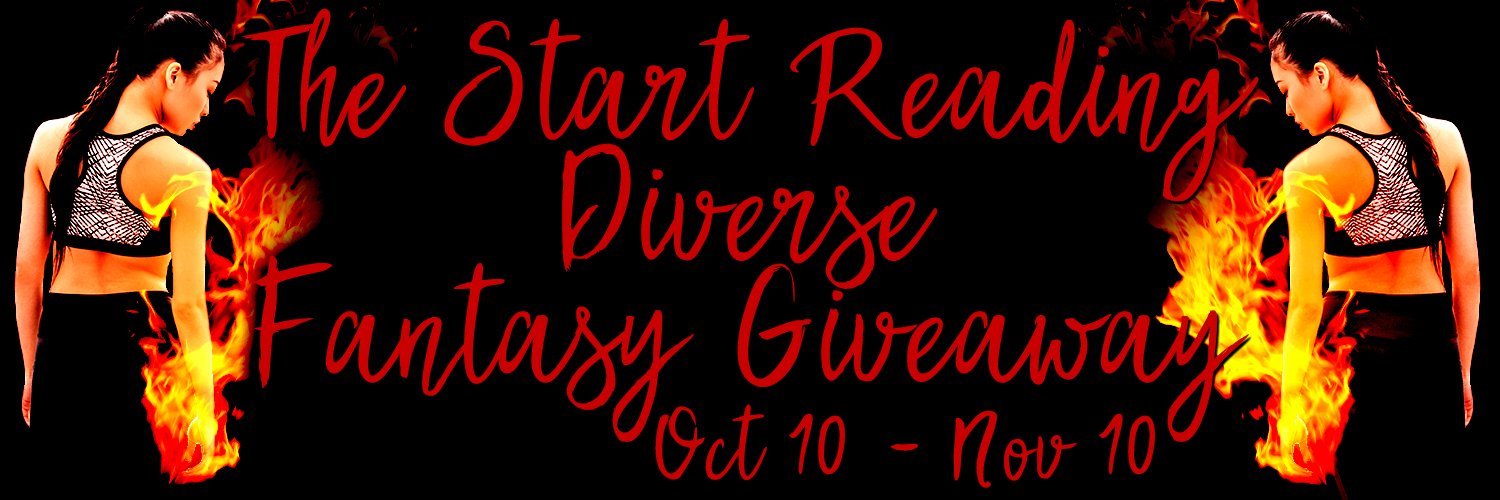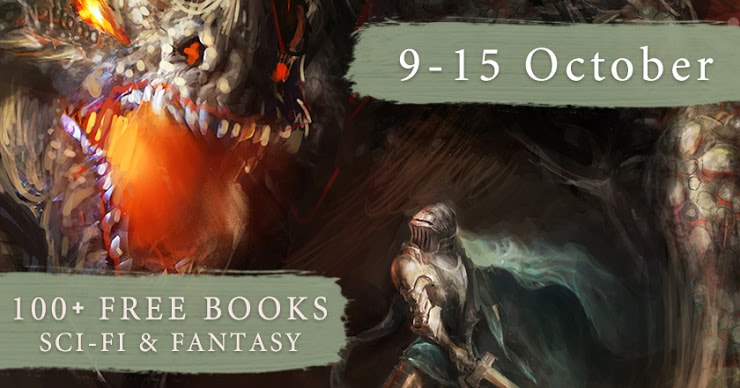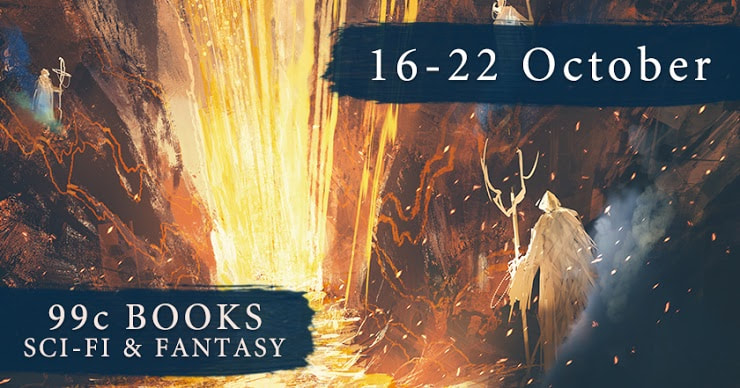I'm addressing this because the Wasteland trilogy features my first gay main character. This isn't the first time I've written about lesbian, bi, or gay characters. There are secondary LGBTQIA+ characters in Committed, Court of Illusion (the third Astoran Asunder book), and Prejudice, Persuasion, and Sensibility. You can tell these books are a bit dated because in both Committed and Prejudice, Persuasion, and Sensibility, characters comment about being unable to marry because they're lesbian or gay, something I'm very glad has changed in the intervening years.
I've heard people talk about books that depict LGBTQIA+ characters as having an "agenda". Do my books have an agenda? Well, yeah. My agenda is to write about characters who hopefully come across as human beings, to do my best to depict their struggles in a vivid way, and to put forth my best effort to create a story that draws readers in and leaves them wanting more. The Wasteland trilogy books are no exception. Alessandro is gay. It's an aspect of his character. It's not his defining aspect, but it is who he is, and I'm writing about that in the most honest way I know how. He will have a romance in books two and three, and though the romances in these books are not explicit, they do exist as part of the characters' subplots.
(Not to toot my own horn here, but if I do say so myself, Alessandro's romance is shaping up to be one of the sweetest romances I've written. Editing those passages is giving me some serious feels.)
I will be both frank and blunt here. If some readers are uncomfortable with the idea of reading about a romance between two teen boys, well, they're welcome to read other books. I'm not going to change mine. LGBTQIA+ people and people of color exist, and they deserve to have their stories told. (Preferably by own voice authors--authors who are people of color and/or LGBTQIA+, but I also firmly believe white, straight authors ought to make more of an effort to diversify their books.)
Look, as a woman who majored in French and minored in English, I spent a LOT of time reading books by dead white men. Sometimes I got other, more diverse viewpoints as part of my education, but mostly I was supposed to read, understand, and be able to sympathize with a WHOLE lot of dead white guys. Why is it that I, as a woman, or readers of color, or LGBTQIA+ readers, or neurodiverse readers, or disabled readers, are supposed to be able to see from the point of view of able-bodied, straight, white men, but the reverse isn't true? I don't buy it. There's academic evidence that reading can make us more empathetic, and the best way I can imagine to achieve that is by having people read about characters who aren't like them, as well as characters who are.
Which is why I'm going to do my best to be part of the change I want to continue to see in the world of publishing. I think publishing as a whole is taking steps toward progress, but I also think we've still got a long road ahead of us. Diverse fiction isn't a "trend", and it shouldn't be seen as one. If authors, readers, and publishers care about continuing to advance literature as an art form, we should get behind diverse fiction, because a vast, rich wealth of stories is the only way to elevate our art form.




 RSS Feed
RSS Feed